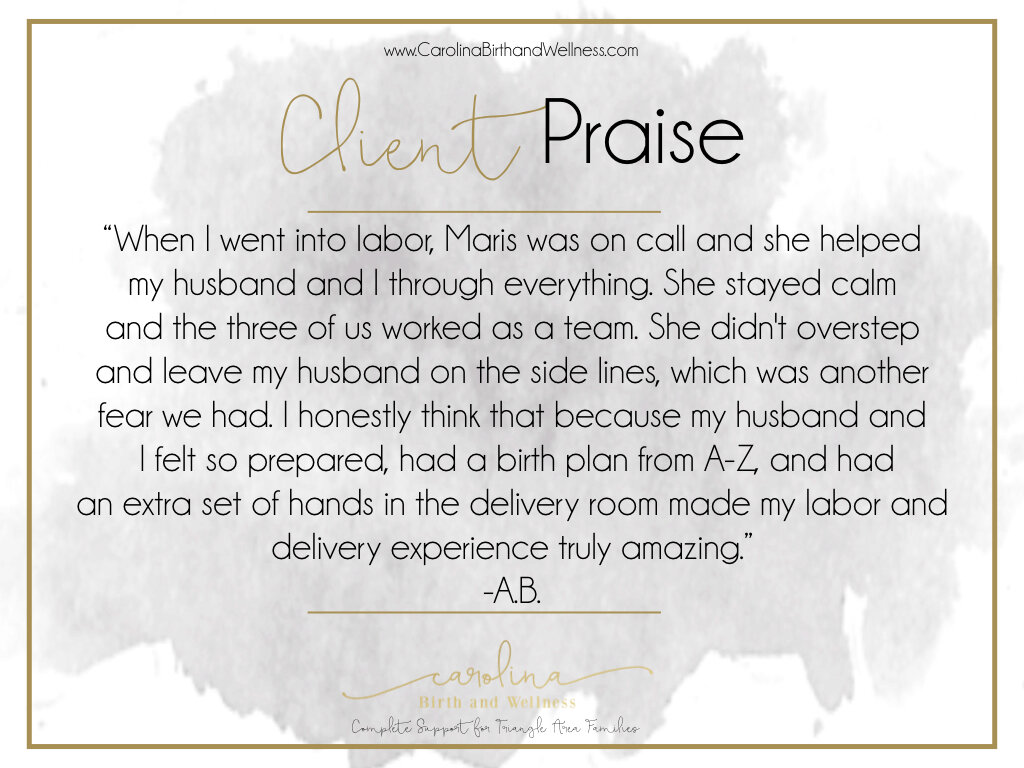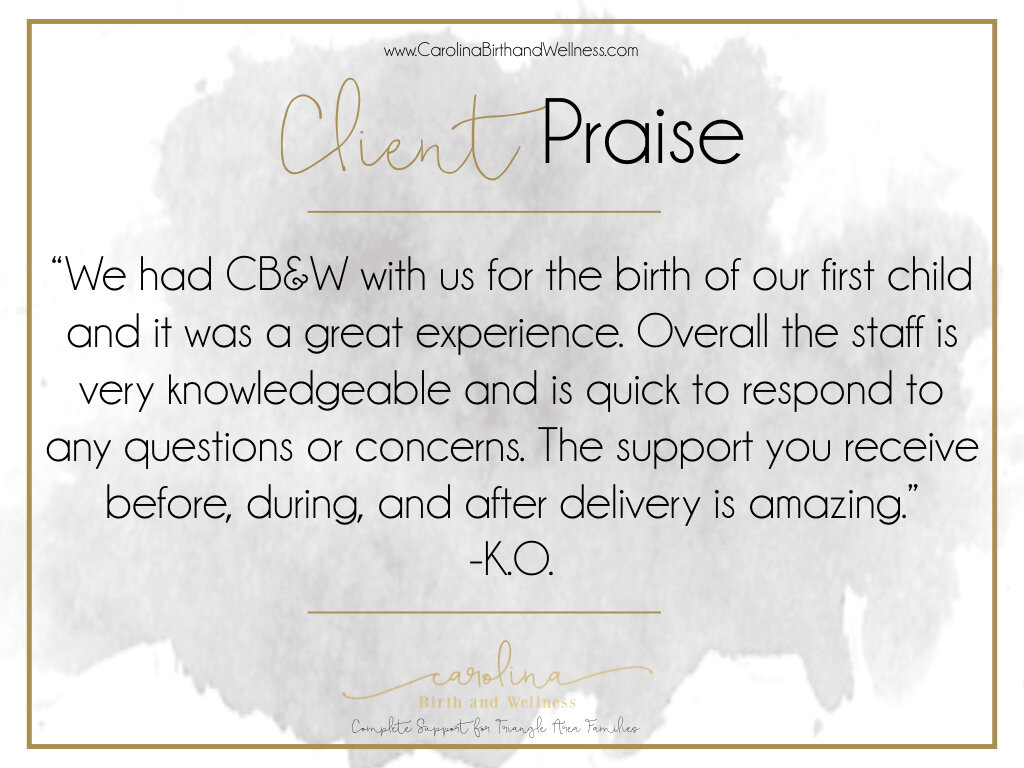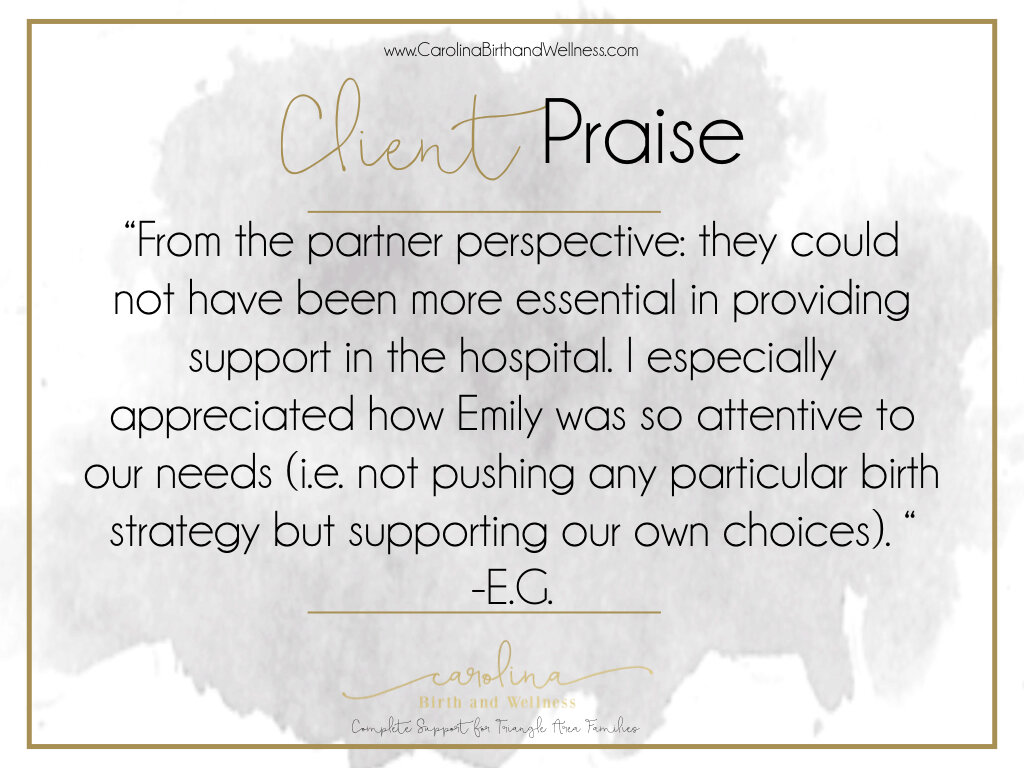Congratulations to you and your little bean! While you wait to hold your little one in your arms, we know you’ll be working hard to keep them comfortably warm and nourished.
That said, if you’re already parenting another child—or a few!—making time to eat well can be a task all on its own, more so if the sibling-to-be is an energetic toddler who is also a picky eater. Meanwhile, morning sickness (or indeed, any-time-of-day queasiness) might also be messing with your appetite, or simply, your ability to keep down your favorites.
Also, as that little bean gets bigger, queasiness may disappear and be replaced by, simply, lack of room for a standard mealtime plate!
Let’s see if we can help a bit with all of that, with just five simple guidelines.
Choose Variety, As Much As You Can
You know this already: The more kinds of things you eat, the more likely you get all your micronutrients in. Which is why you don’t just serve your toddler their favorite three foods at every meal, every day, yes?
Plus, right now, food is not just nourishment; it is the building blocks for your new baby.
So twin your older child’s divided plate if you have to and cover all the bases:
Whole grains (pseudograins and legumes will count too)
At least 5 veg a day (ideally, more like seven! and include orange and green ones especially)
Three helpings of protein
Four of dairy (which also includes protein of course) or other calcium-rich foods
Perhaps a couple of fruits as well.
If you can get in two helpings of fish a week in there, so much the better. Else, you might want to consider where else to get your omega-3s, be it seeds and nuts, or seaweed.
Choose Smaller Meals, More Frequently
If you can’t eat much at one go—whether that’s because there’s a toddler or a crawler to chase, or because heartburn happens—start eating like your active youngster does.
Take child-size cereal and soups bowls or side plates for your meals. Take the time to snack right alongside your other little one(s). You might even adopt a grazing tray, same as an on-the-go toddler. After all, you all have the same nutritional dilemma right now—small space coupled with the need for fuel to grow! Evolution already has a ready answer for toddlers, which is grazing meals. It should work for you too, had you not been socialized to sit-down meals by the clock.
Unfortunately, the little bean in there isn’t going to wait to eat—something you already know from their sibling(s), right? Go on and graze, then! You’ll feel the better for it.
Similarly, like the youngsters, limit your caffeine and spices to stave off heartburn and nausea. The exception may be ginger, in food or as a tea—it helps with nausea. Citrus fruits, on the other hand, have the opposite effect.
Take Your Supplements, Under Supervision
You do need to be taking your prenatal vitamins, and in a busy household or workplace, it can be easy for them to slip your mind. Try and build a routine around it. For some, it can make sense to pop them in at bedtime with your youngsters—hey, they can help remind you! For others, first thing in the am works better, so let your wake-up alarm also flash a vitamin reminder. If you’re one of those who does better with supplements on a full stomach (iron can be especially pesky), choose lunchtime or dinnertime, and maybe even program it into any wearable tech you use—just in case mealtimes are screen-free in your home.
What you should do, though, is check which vitamins to take with your healthcare provider, and how much. Also make sure to ask whether to take them separately or together for best results, and do disclose whether you are already taking any other supplements, lest they clash or provide an excess. (Some fat-soluble vitamins, for instance, are toxic if too much sits in your body.)
Likewise, also check with your healthcare provider about the safety of any non-nutritive sweeteners you might be using.
Regulate the Fiber
The struggle is real—and can differ. While some of us experience constipation in pregnancy (hello, progesterone!), others find they have diarrhea along with the nausea! Interestingly, the answer to both is the same: fiber—and preferably, more of soluble fiber.
Because soluble fibers such as pectin and gum and oligosaccharides hold on to water, they can both soften and bind stools for a more comfortable bowel movement.
You’ll find these in foods such as apples, oats, bananas, rice, bread and okra, for instance. If you are looking for a supplement, we strongly recommend Fiber from Natalist.
Hydrate for Two, Don’t Eat For Two!
You don’t actually need to eat double of what you did—that’s definitely a myth. You actually don’t need to eat any differently for calories in the first two trimesters, and the last one only calls for 200 extra calories.
What you do need to consider is fluids, and more so if you are a nursing parent at the same time. Not only do you need to aim for 8–10 glasses of water while pregnant, it is best if you can down a glass every time you pump or nurse.
Yes, that’s not as easy when there’s a bump and less space for your stomach and bladder to fill up—but think of it this way: the more frequent bathroom trips are also a way to prevent the all-too-common pregnancy UTIs. (Also, honestly, it’s an excellent caregiver break at this frequently tiring time!) So sip, if you can’t glug.
Speaking of fluids and space, if you’re a Willow Pump user, you may have wondered about the importance of filling up that storage bag and excluding air bubbles. If you have ever wondered about minimizing air in your milk bags, it’s because the more air in there, the higher the chances the exposed surface of the milk gets freezer burn. A little bit is okay, and freezing the bag flat will help.
Usefully, the Willow Pump will also measure your pumping volume for you, which means you can match the size of your extra beverage too.











